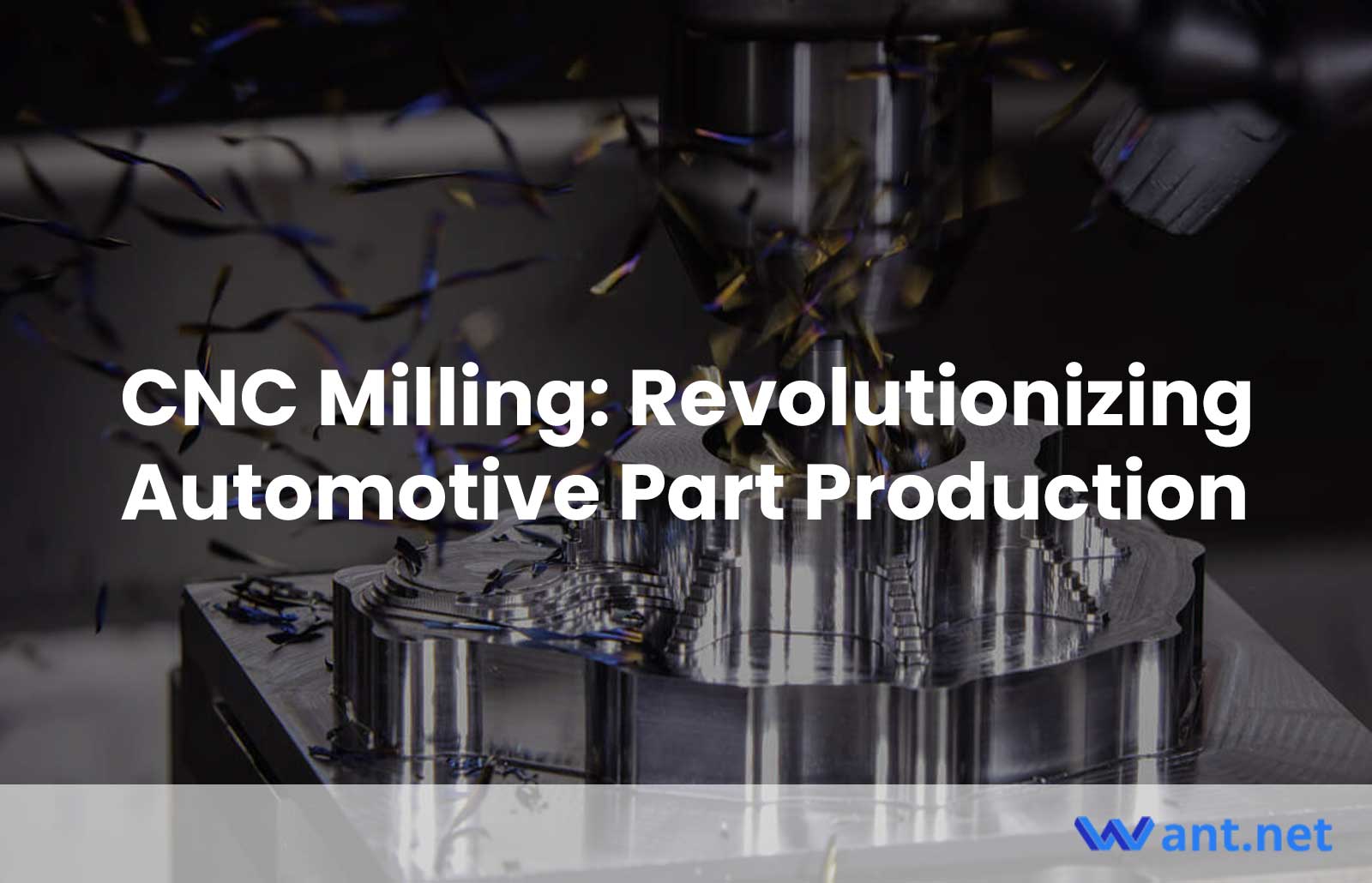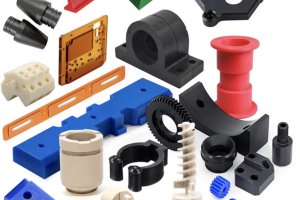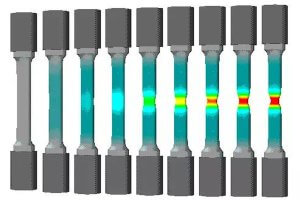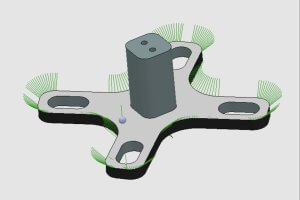When it comes to versatile materials, few can match the capabilities of aluminum. Its lightweight and flexible nature make it an ideal choice for various industries, including automotive, aerospace, and power generation. In the automotive sector, aluminum is extensively used in the production of crucial components such as car reflectors. To achieve precision in manufacturing these parts, the CNC milling process plays a pivotal role. Despite its roots dating back to the 19th century, milling remains a vital technique employed by auto manufacturers worldwide, even in the modern era.
So, what exactly is CNC milling?
In simple terms, it involves the use of cutting equipment to remove layers of material from an object, unlike 3D printing where layers are added. The milling process has evolved significantly since its inception, especially in terms of technology. This evolution has given rise to CNC milling, which relies on computer numeric control for enhanced precision and efficiency.
CNC Machining, often referred to as computer numeric control, automates the operation of tools through pre-programmed instructions executed by computers. To create models, computer-aided design (CAD) software is utilized, incorporating measurements, dimensions, and other relevant details. These models are then translated into production commands using computer-aided manufacturing software, specifying the necessary directives for the CNC machine. Additionally, computer-operated mills with vertical shaft movement along the Z-axis offer increased speed and accuracy. Fortunately, a wide range of affordable CNC milling machines is available to cater to different manufacturing needs.
Process of CNC Milling
Executing the milling process requires a skilled professional who assumes responsibility for operating the milling machine. The process involves several steps, starting with determining whether bulk production or smaller quantities are required. After reviewing the engineer’s illustrations and adhering to the established plan, a design is created using computer-aided design or manufacturing systems. The CNC center brings together the holding device, tooling device, and the workpiece. Parameters such as speed, shape, and cutting specifications are set according to the original plan or specific circumstances. Maintenance is crucial, and running the processes at the appropriate intervals ensures dimensional accuracy and other essential features throughout the production.
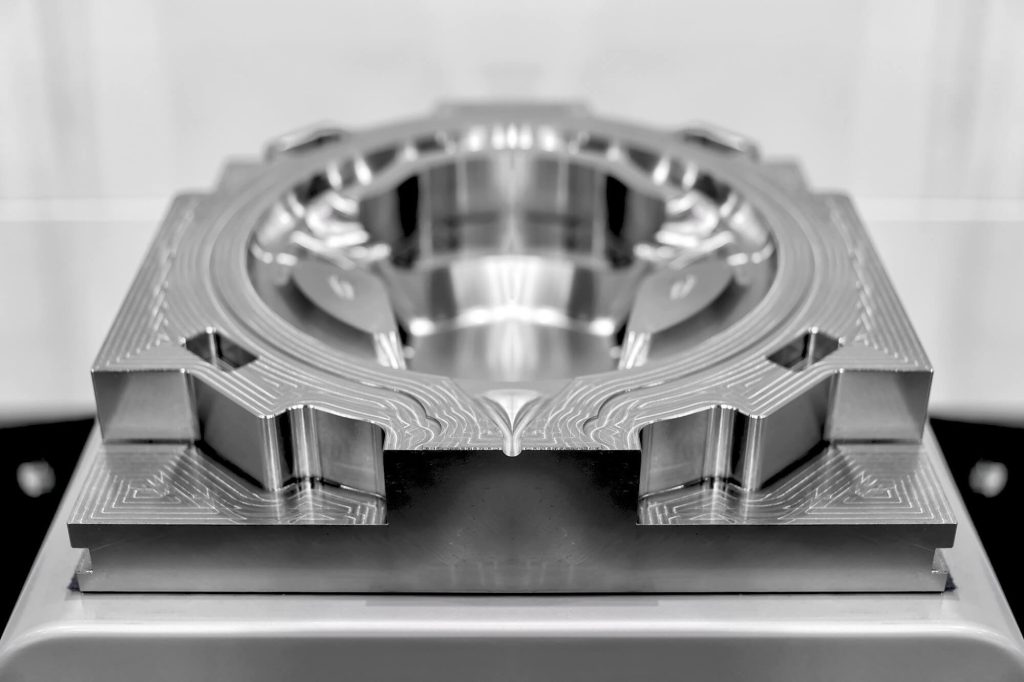
The significance of CNC machining in the automotive sector, particularly in the creation of aluminum parts, cannot be overstated. The process offers numerous advantages, starting with its speed and automation. By relying on programmed operations, CNC machining accelerates the entire production process, making it ideal for high-volume production without compromising quality. Moreover, the automated nature of CNC machining reduces the need for extensive labor, resulting in significant cost savings. The process also ensures top-notch accuracy, as cutting tools meticulously shape materials, delivering superior finishing and highly precise parts.
Producing car parts like reflectors can pose challenges for manufacturers due to their intricate shapes and demanding accuracy requirements. Aluminum emerges as a material of choice for such parts, given its durability, ease of design, lightweight nature, and resistance to degradation. Its excellent heat conductivity and reflective properties further make it an ideal candidate for car reflectors. In fact, aluminum finds applications beyond reflectors, being widely used in manufacturing various components for automobiles as well as in the aerospace industry.
In addition to CNC milling, other techniques like electrical discharge machining and post-finishing practices contribute to the production of high-quality automotive parts. Electrical discharge machining utilizes electrical discharges to achieve the desired shape or finish for car reflectors. Post-finishing practices such as polishing and plating are employed to improve surface quality, enhance visual appeal, and increase wear resistance of parts produced through CNC machining.
CNC milling has revolutionized the manufacturing of automotive parts, particularly those made from aluminum. Its precision, efficiency, and ability to produce top-quality components make it an invaluable process. Compared to alternative manufacturing methods, CNC milling stands out as a fast and straightforward solution. If you’re seeking to create automotive parts with superior quality, embracing the CNC milling process is undoubtedly a step in the right direction.
Recommended Reads:
- What Is Mill Tooling? Five Types of Mill Tools
- Top 10 CNC Turning Centers in the USA in 2023
- What Is Metal CNC Machining Service Cost? (2023)
- The Application of Machining Parts in New Energy Vehicles
- 10 Advantages of CNC Machining for Custom Parts
- What is Advanced CNC Automotive Machining?
Other Articles You Might Enjoy
- Precision CNC Machining for High-Performance Industrial Machinery
Precision CNC Machining for High-Performance Industrial Machinery The process of Precision CNC (Computer Numerical Control) machining is at the core of manufacturing high-performance industrial machinery. This technique leverages a computer's…
- Revolutionizing Renewable Energy with CNC Machined Components
Introduction: Renewable Energy and CNC Machined Components Renewable energy harnesses power from natural sources such as the sun, wind, and water, making it a sustainable and eco-friendly alternative to traditional…
- Is Copper the Right Choice for Electrical Component CNC Machining? A Detailed Analysis
CNC Machining of Electrical Components Utilizing Copper In the field of electrical engineering, Computer Numerical Control (CNC) machining plays an integral role, particularly in the development and manufacturing of electrical…


